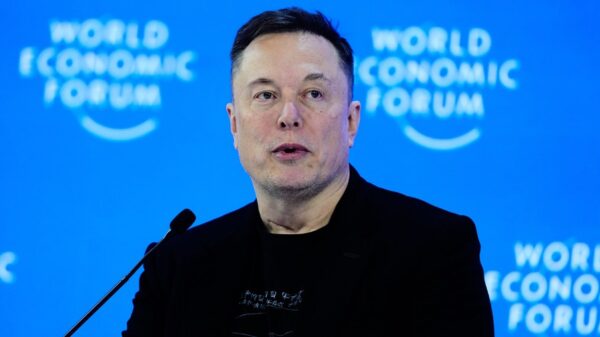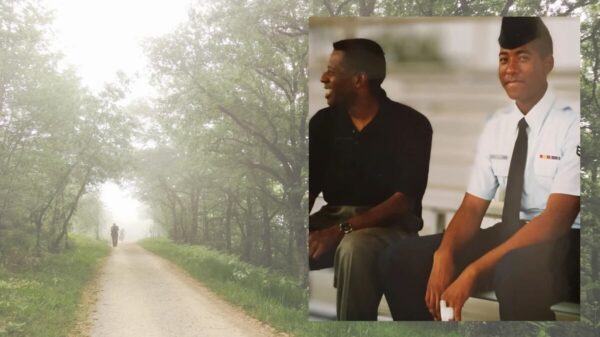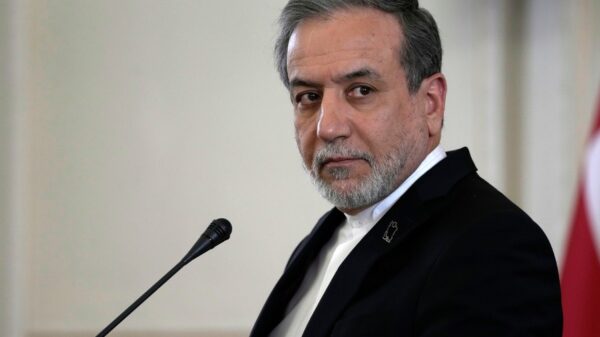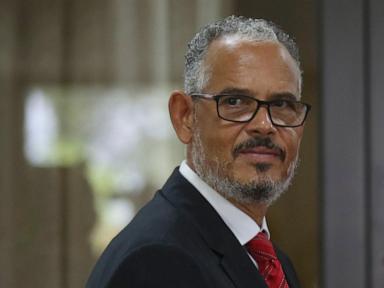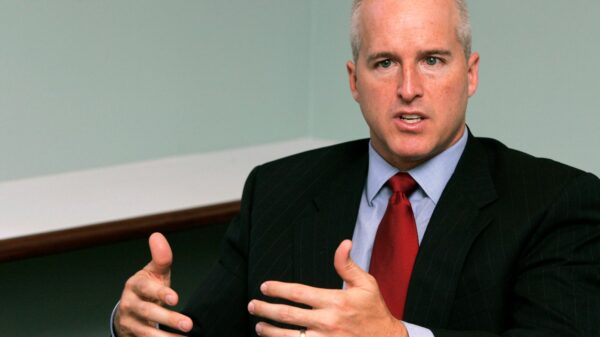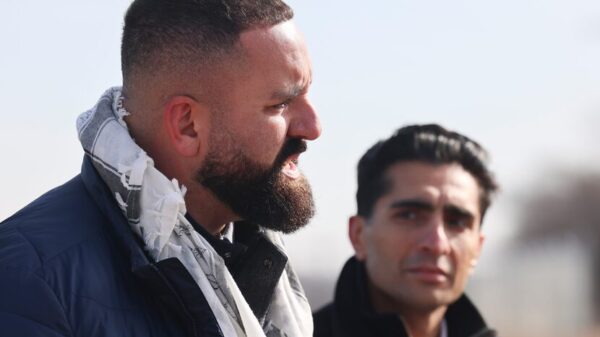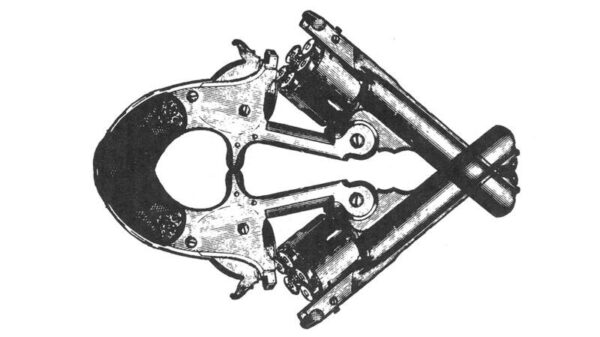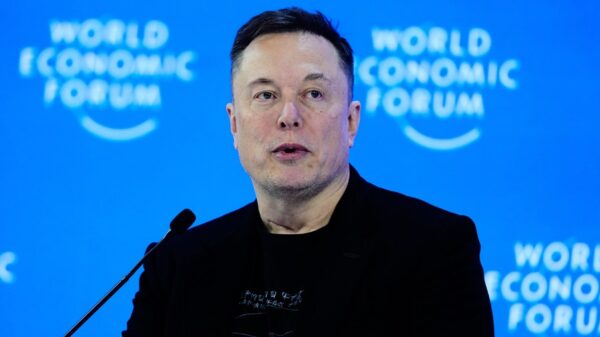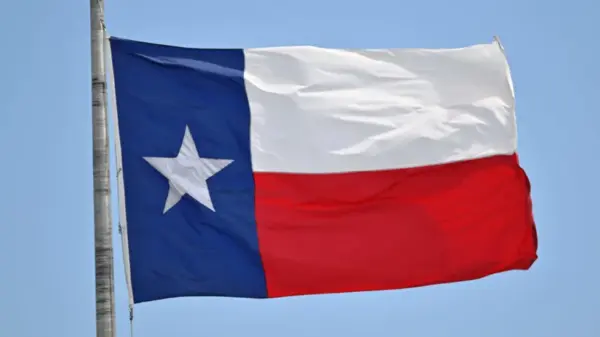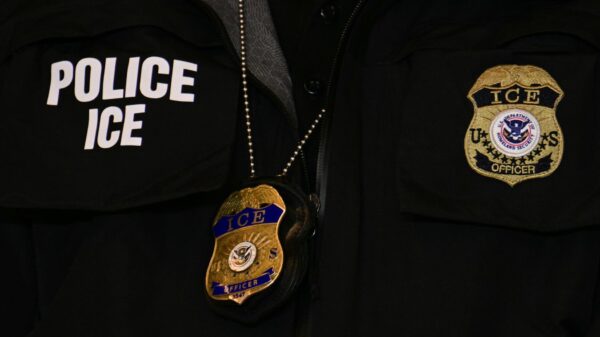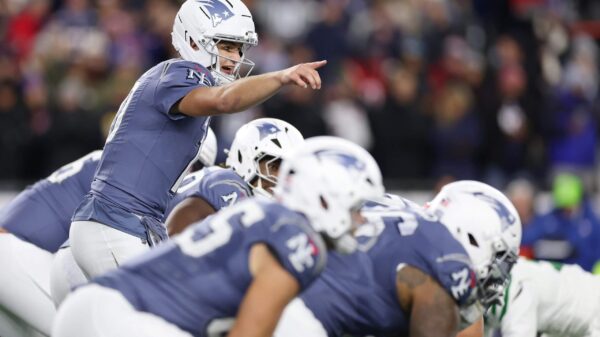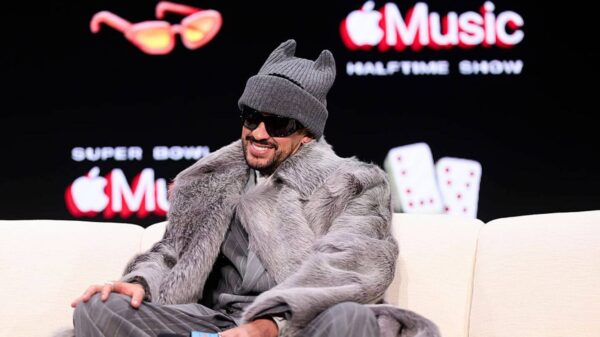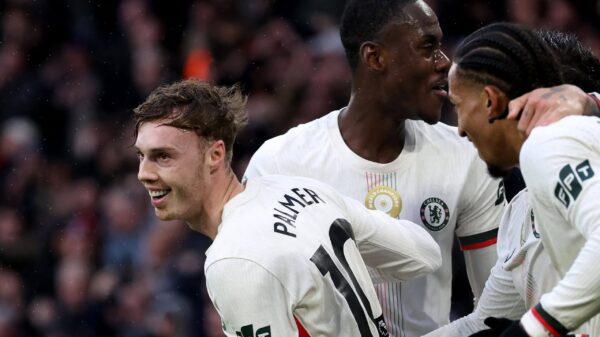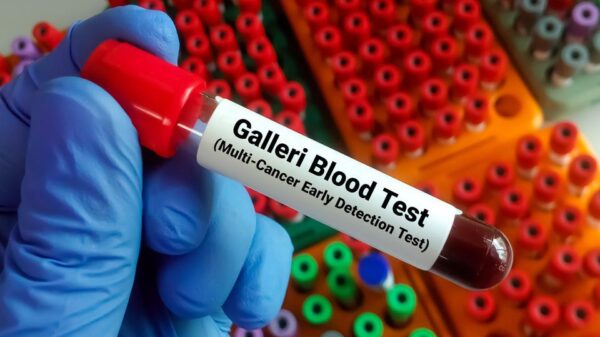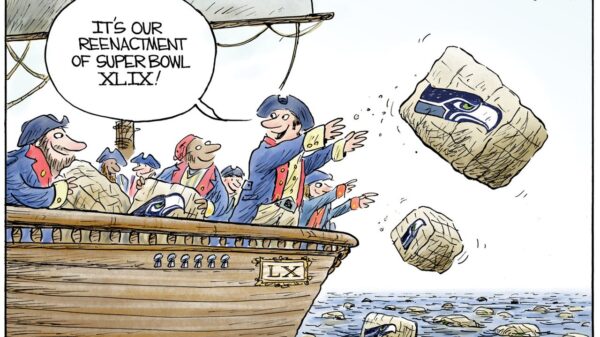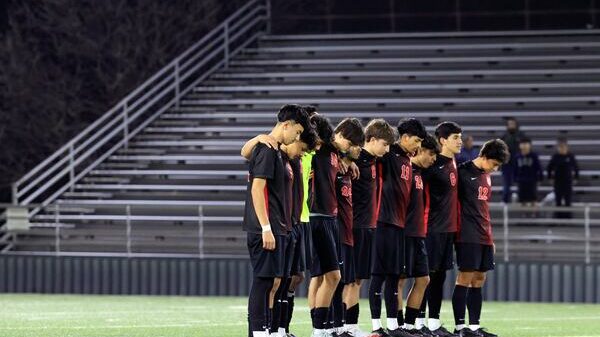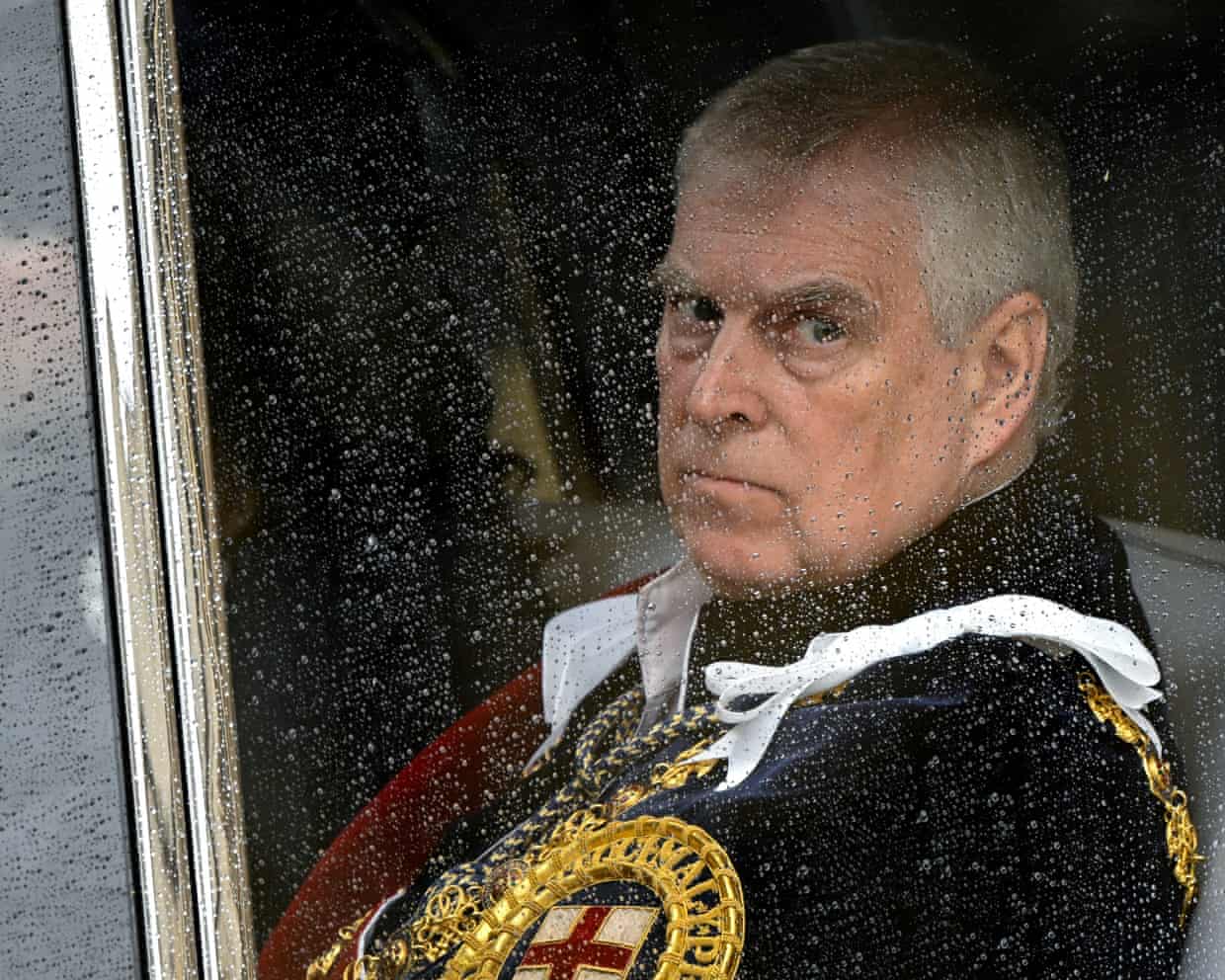In a significant development for the British royal family, Prince Andrew announced on Friday that he will relinquish his royal titles, including the Dukedom of York. This decision follows the resurgence of scrutiny surrounding his connections to convicted sex offender Jeffrey Epstein and allegations of sexual assault, which Andrew has consistently denied.
The announcement came quietly at 19:00 on October 13, shortly before King Charles was set to engage in a historic public prayer with the Pope—marking the first such occasion for a British monarch since the Reformation over 500 years ago. The timing underscores the gravity of Andrew’s situation, as the royal family aims to distance itself from the ongoing scandal.
Resurfacing Allegations and Public Backlash
Recent revelations from Virginia Giuffre, a prominent figure in the Epstein case, have intensified the scrutiny on Andrew. In her posthumously published memoir, Nobody’s Girl, Giuffre details her experiences of being trafficked by Epstein and his associate Ghislaine Maxwell. She alleges that Andrew viewed sex with her as “his birthright.” These allegations have prompted a renewed police investigation, spurred by claims that Andrew sought to discredit Giuffre through his close protection officer.
Despite Andrew’s history of public service, including his role as a Navy pilot during the 1982 Falklands War, his reputation has been marred by his associations with Epstein and other controversial figures. Stephen Bates, a former royal correspondent for the Guardian, noted that Andrew’s past popularity has dwindled, stating, “The more you pull, the more the whole thing unravels.”
Political Ramifications and Future of the Monarchy
As the royal family grapples with the fallout, some members of Parliament, including Rachael Maskell, are urging a deeper investigation into how the reported £12 million settlement paid to Giuffre was funded. Although Andrew has agreed to step back from his titles, he retains the dukedom, which can only be removed by an act of Parliament—a process that has not occurred for over a century.
The implications of Andrew’s departure from royal duties extend beyond personal repercussions. Bates suggests that King Charles wishes to maintain the monarchy’s integrity as he navigates his historic visit to the Vatican. “He didn’t want anything to interfere with that,” Bates explained, highlighting the delicate balance the royal family must maintain to protect its image and status.
Looking ahead, the future of the monarchy appears uncertain. As younger generations express less enthusiasm for the institution, the royal family faces the challenge of staying relevant. Bates emphasized that continued efforts are necessary to foster public support, particularly in light of the controversies surrounding Andrew. While the monarchy enjoys a generally favorable approval rating, younger demographics are more skeptical, posing a potential risk for the institution’s future.
Ultimately, the ongoing scandal involving Prince Andrew raises critical questions about accountability within the royal family and its ability to adapt to changing societal expectations. As the monarchy seeks to navigate this tumultuous period, the actions taken in response to Andrew’s situation will likely shape public perception for years to come.

